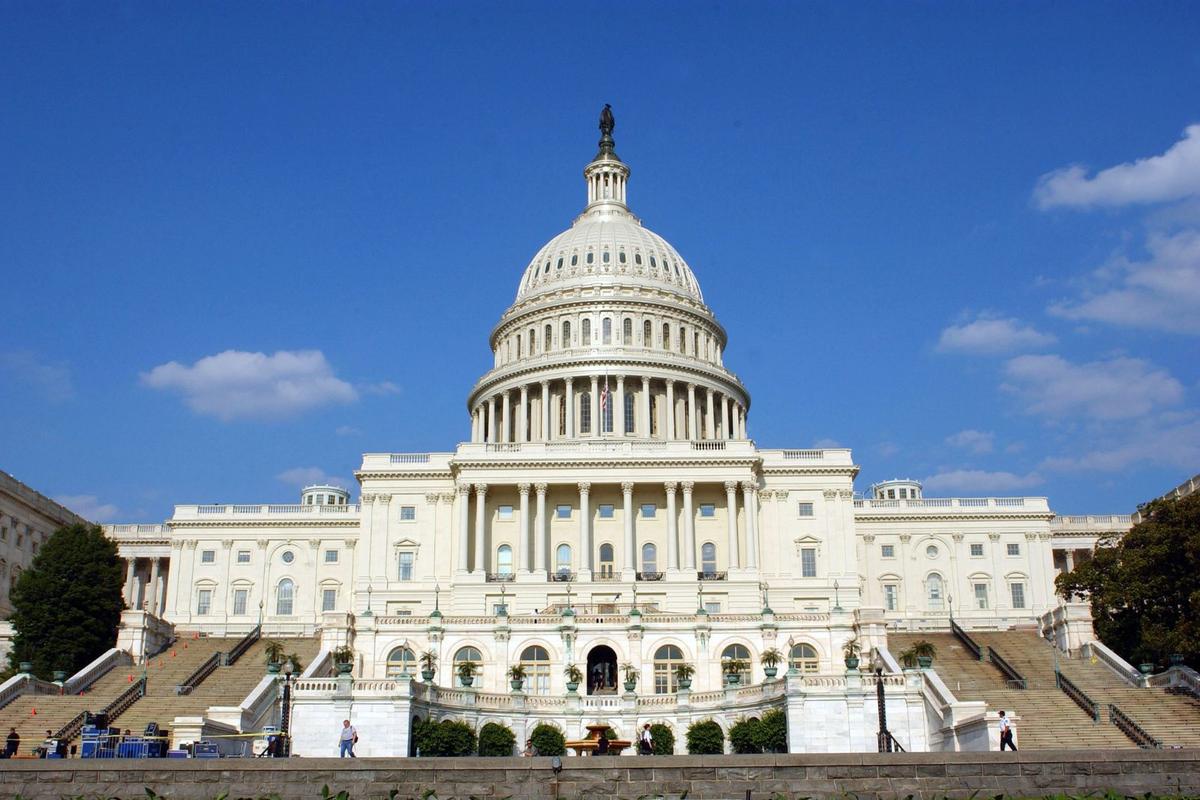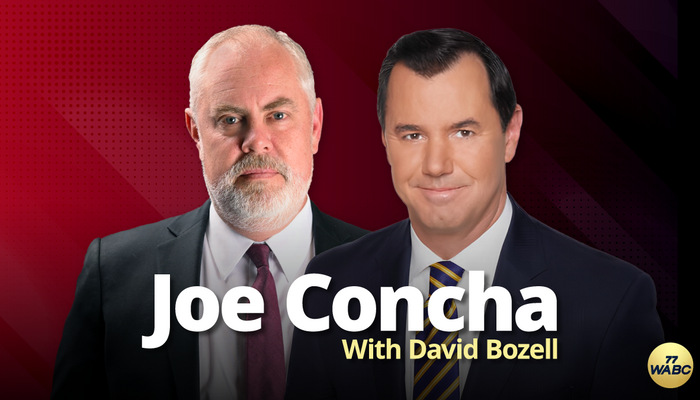
The clock is ticking in Washington, and if lawmakers can’t strike a deal by midnight Wednesday, the U.S. government will officially shut down — again.
This would mark the third shutdown under President Donald Trump.
Why Is This Happening?
Congress is supposed to pass 12 annual funding bills to keep the government running. If they can’t, they can buy more time by passing a continuing resolution (CR) — a temporary measure that extends current funding levels.
But this time, Republicans and Democrats are at a stalemate — not necessarily over what’s in the CR, but over what’s missing.
Read More: Donald Trump Wants His Face on Mount Rushmore, Experts Say It’s a Monumental No
Democrats want the bill to include an extension of Obamacare premium subsidies, warning that millions of Americans could face rising health care costs without it. Senate Republicans are pushing back on that request.
What Shuts Down? What Stays Open?
If the government shuts down, many essential services will continue as usual, including:
Medicare, Medicaid, and Social Security payments
U.S. Postal Service mail delivery
Border security and law enforcement operations
Veterans Affairs hospitals and clinics
However, many other government functions will slow down or stop altogether, especially agencies that rely on annual funding and are deemed “nonessential.” These include:
The IRS
Small Business Administration (SBA)
Certain HUD housing programs, including rental assistance and loans
What About Federal Workers?
Thousands of federal employees will likely be furloughed without pay during the shutdown. And this time, the impact could be even more severe.
Last week, the Office of Management and Budget (OMB) directed agencies to consider issuing “reduction in force” (RIF) notices — essentially, layoffs — for employees in programs that either lack alternate funding or don’t align with the Trump administration’s priorities.
What Happens Next?
Lawmakers have until Wednesday at midnight to reach a deal. Negotiations between congressional leaders and President Trump are ongoing, but both sides are already pointing fingers over who will take the blame if the government shuts down.
Read More: Listen to the 10 Best Songs About America
If even a short-term funding bill isn’t passed — one that simply buys more time — millions of Americans could feel the ripple effects, and many federal workers may find themselves out of work for more than just a few days.



